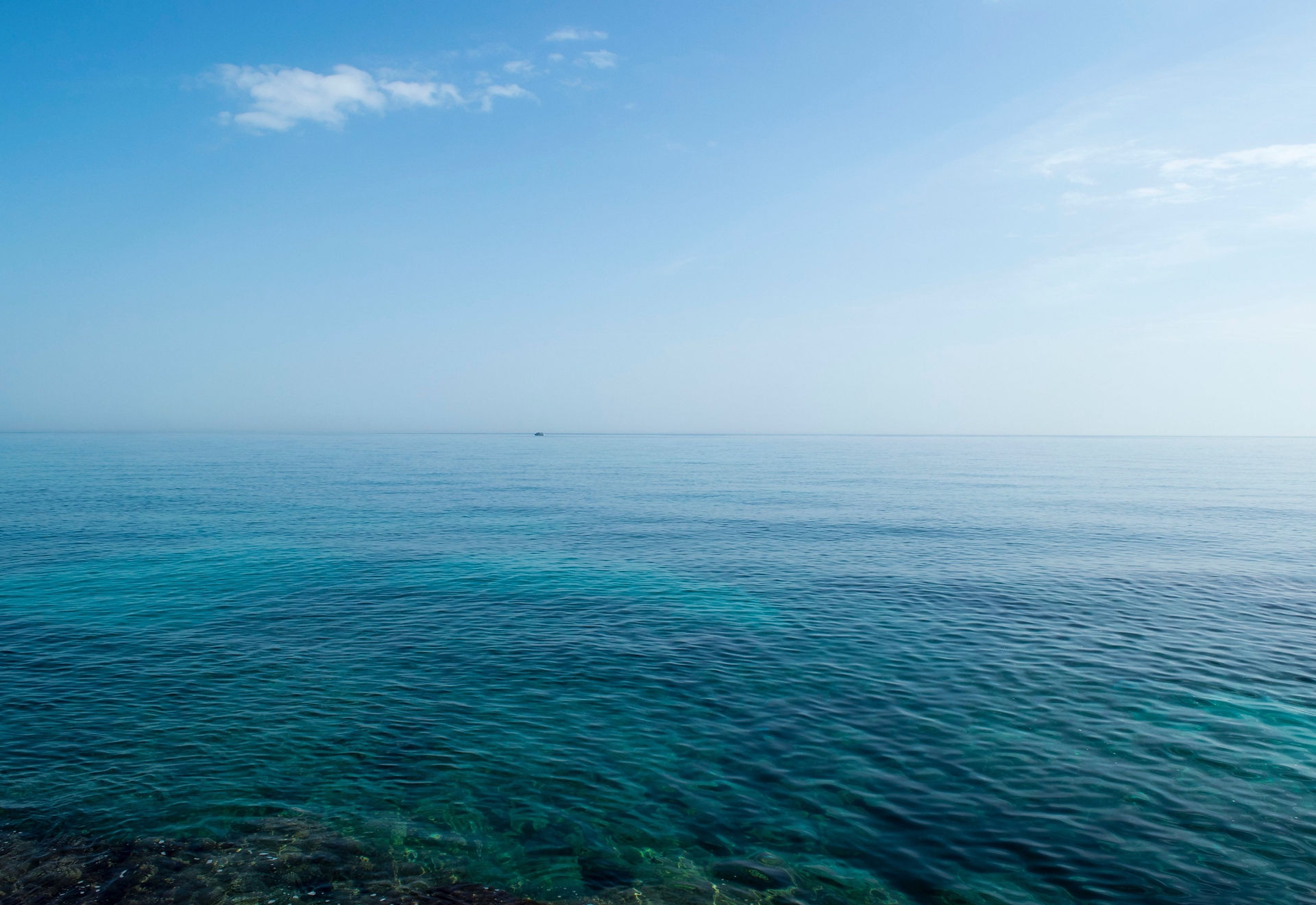
Industry Deep Dive
The industry deep dive will highlight the significance of small marinas in the context of nautical tourism and the challenges they face in terms of sustainability and environmental impact. 71% of the Earth's surface is covered by oceans, and a large number of countries have coastlines. With over 40% of the global population living near coasts, nautical activities and small boats have become increasingly popular. Marinas and boat berths are key destinations for nautical tourism, generating substantial economic benefits.

The stakeholders in small marinas are primarily boat owners and users, but also include companies operating various nautical activities. The quality of the ocean and its cleanness are crucial for engaging in nautical activities, and stakeholders value a clean and beautiful environment free from pollution. However, pollution and the growing number of boat owners pose challenges to the sustainability of the industry. The purchase of small boats increased during COVID-19, driven by factors such as increased GDP per capita and the desire for outdoor activities.
To address the sustainability challenges, marinas need to embrace the concept of the blue economy, which focuses on sustainable ocean-based economic activities. This requires efforts to preserve the marine environment, reduce pollution, and promote circular economy principles. Global cooperation, led by organizations like the United Nations, is essential to achieve these goals. However, implementing sustainable practices in marinas can be costly, and voluntary environmental certifications are not widely pursued due to high demand for boat berths and financial constraints. Various measures can be taken to make marinas more sustainable. Examples include improving recycling facilities, exploring trailer-based harbor concepts to reduce the environmental impact of marina construction, promoting the use of electric boats, and embracing digital solutions for finance, security, and booking. International organizations such as the International Maritime Organization and the Marina Industries Association are working to promote clean water, clean air, and sustainable practices in marinas.
The responsibilities for achieving a sustainable future for small marinas lie with multiple stakeholders. The United Nations and the European Union play vital roles in promoting sustainable practices and establishing clearer regulations and legislation. Small boat harbors themselves need to understand their problems and find solutions while adhering to existing regulations. Digitalization can facilitate the collection of relevant data and contribute to sustainability efforts. Boat owners also have a responsibility to adopt environmentally friendly practices and engage in sustainable living.
The future of small marinas and the blue economy is influenced by economic factors, such as inflation and GDP growth. While the current economic situation may impact boat purchases, the long-term outlook predicts an increasing demand for boats and boat berths. The blue economy, with its focus on sustainability, offers a path towards a greener future. Digital transformation and increased awareness of climate change and sustainability will likely drive positive changes in small marinas. However, achieving environmental progress and addressing the challenges facing the oceans require collective action and collaboration among stakeholders. Addressing issues such as algal blooms, hypoxia, and biodiversity loss requires filling data gaps and finding solutions.
In conclusion, small marinas play a significant role in nautical tourism and face sustainability challenges. Embracing the blue economy, implementing sustainable practices, and engaging stakeholders are essential for the future of small marinas. Environmental progress and collaboration are needed to ensure healthy and thriving oceans globally.


Small boat marinas is a growing industry as leisure boating is an important economic activity that is increasing in popularity all over the globe. Marinas all over the world are hubs for nautical tourism. They also play a great role in increasing people’s ocean literacy. Ocean literacy is the understanding of the ocean’s influence on you and your influence on the ocean. Marians enables people to be near and experience everything the ocean has to give, which contributes to getting this understanding. With understanding comes the will to take care and preserve our oceans so that future generations also can experience a thriving marine life. Therefore, it is important to maintain this industry and work towards making it more sustainable.




